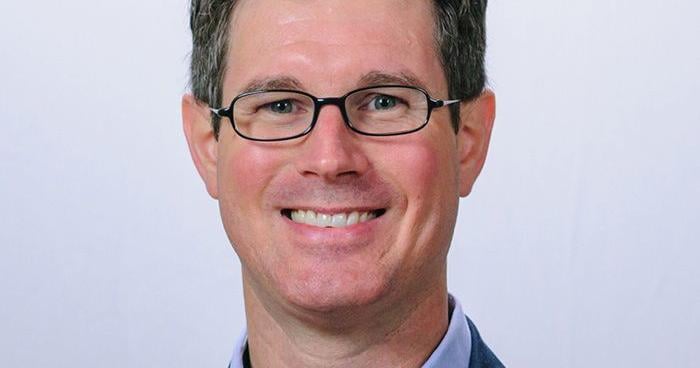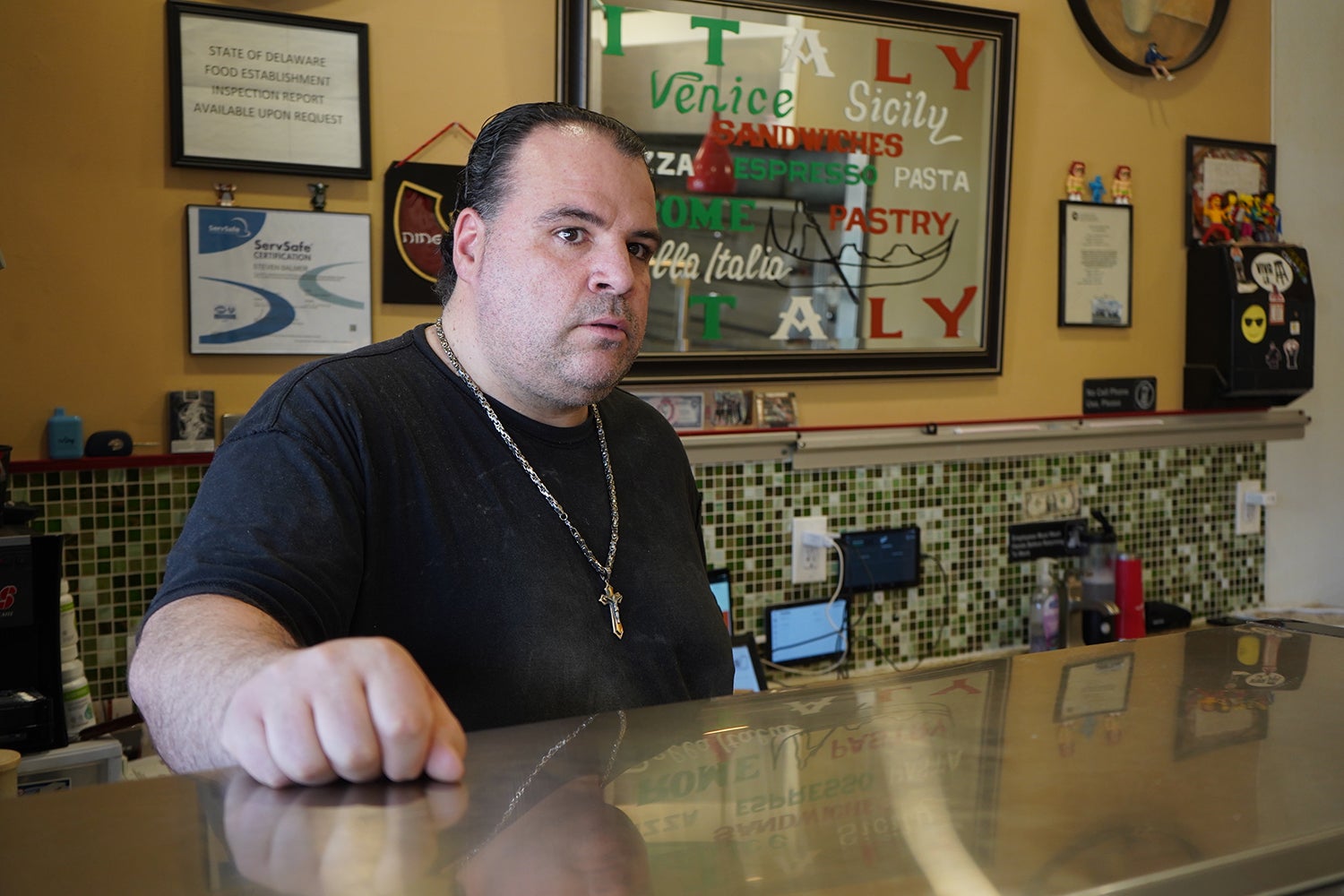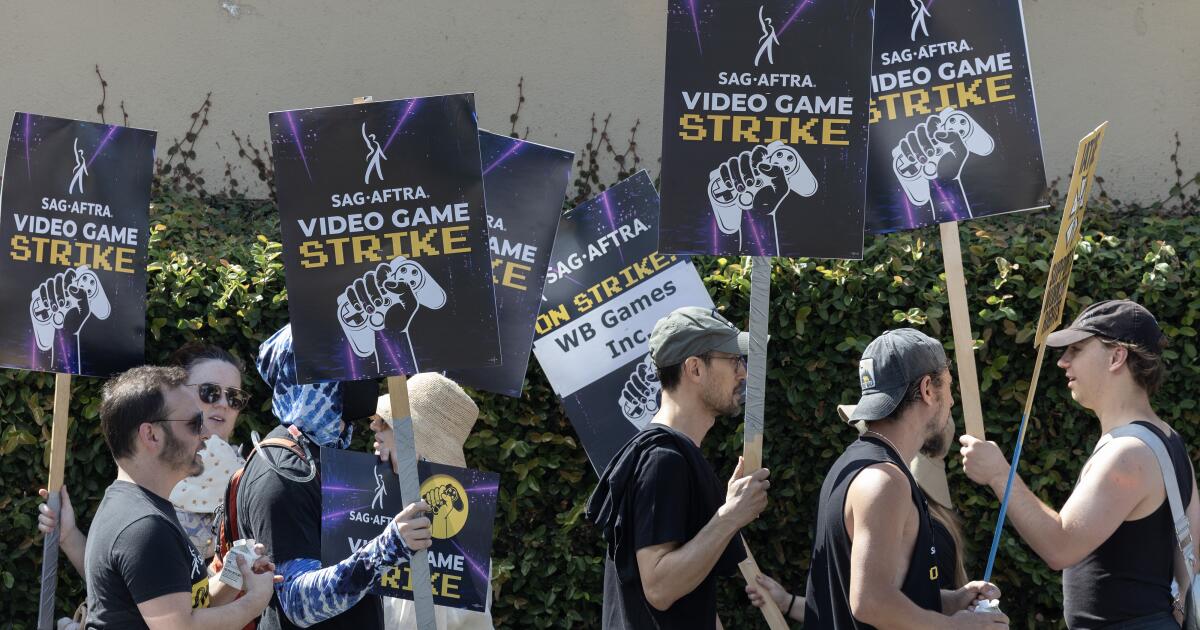World
Munya Chawawa: ‘The end of the world is hurtling towards us like a truck!’

Munya Chawawa is a funny guy. That may sound like stating the obvious – he is a comedian, after all – but when he bursts into the Guardian’s office in London like a ball of energy, dressed in a bright blue jumper and Nike Air Force 1s, I am struck by his quick wit and familiarity. He has the laid-back demeanour of a friend down the pub combined with the astute fluency of a public speaker. “Comedy has become the only language I know how to communicate in,” Chawawa says. “It’s a way to talk people through issues that feel very complex and almost overwhelming. I always describe it as: you have to slip the medicine into the lasagne. And everyone likes lasagne, right?”
I am meeting Chawawa to discuss his new Channel 4 documentary, How to Survive a Dictator: North Korea. The follow-up to his critically acclaimed film of the same prefix about Robert Mugabe and Zimbabwe, it tracks Chawawa as he travels to locations including South Korea and Switzerland to interview one of Kim Jong-un’s school friends, as well as several North Korean defectors. The format is one in which the satirist and presenter thrives – blending history and facts with barbed comedy.
The 31-year-old calls it an “unfortunate byproduct of our attention-deficit generation” that many won’t care about a country they have no connection to unless they are being entertained. “The sentiment becomes: make me laugh and then I’ll care. I’m aware of how horrific and brutal life is in North Korea, but for me comedy is a means to get people to tap in and actually hear these stories.”
Chawawa is best known for his online sketches skewering politicians, musicians and celebrities. His characters, including the posh drill rapper Unknown P and the chef Jonny Oliver, have helped him amass 1.3 million followers on Instagram.
But it was during lockdown that he became a viral sensation. After each new guidance or political catastrophe, Chawawa was there to post a satirical video. There was his music video Craig Covid – Staying In, a parody of Craig David’s Fill Me In, and his brutal takedown of Matt Hancock to the tune of Shaggy’s It Wasn’t Me, released four hours after the then health secretary was outed for his rule-breaking extramarital affair. The speed with which he turned the parodies around earned him the title “fastest man on the internet”.
Why has Chawawa shifted his focus to the world’s autocrats and despots? He wants to make sense of the world. “After speaking to my friends and peers, I realised that so many of us are suffering from apocalypse anxiety,” he says. “This feeling that the end of the world is hurtling towards us like a truck, but not knowing what shape or form it’s going to take. Is it going to be climate change, war or a crazed dictator pushing a big, red button? A lot of people think that about Kim, so for my own peace of mind I needed to make this.”
Chawawa is passionate about showing “the flip side of the coin” and speaks eloquently about the dangers of reducing national autonomy to a black and white issue. “It’s very easy to believe we’re the big western knight in shining armour. But, in many ways, we are the big bad wolf.” This is a sentiment he keeps returning to – in the Mugabe documentary, he traced many of Zimbabwe’s problems to British colonialism.
What emerges in the new film, he says, is that information, not arms, is the most powerful asset. “You’re talking about a place where the brainwashing is so intensive. They’re told North Korea is the greatest place on Earth. They don’t have words for trauma, sadness or depression, because how can you be depressed when you’re living in a utopia? There are no singular nouns for ‘I’ or ‘me’, it’s all ‘us’ and ‘we’.”
In the course of filming, he met a defector who risks his life and freedom to smuggle information to North Korea. The man puts USB sticks into plastic water bottles with rice, travels to the border in the dead of night and throws them into the sea in the hope that they will float to the north. (Kim has threatened South Koreans at the border and the previous South Korean government cracked down on people sending supplies and information to the north.) “And you know what information he believes is capable of toppling the dictatorship? Episodes of Friends. James Bond movies. That is all it takes to shatter a lifetime of brainwashing – not billions of dollars worth of war machines or nuclear technology.”
Chawawa also has a personal stake in investigating the roots of dictatorships. Born in Derby, he spent his childhood in Zimbabwe until his family moved to Framingham Pigot – a quintessentially English village in Norfolk – when he was 11, due to political and economic unrest. It was a huge change. He was ostracised at school for “cultural differences” (his classmates even spread false rumours about him being a drug dealer) before he found his feet and became head boy. He went on to study psychology at the University of Sheffield and later worked for 4Music and Reprezent Radio, hoping to make it as a TV presenter.
“Zimbabwe filled me with so much confidence and self love,” he says. “Academia was a huge priority – your status in school was determined by how much you contributed in class. When I came to England, I had that same eagerness to learn. But here, it’s the worst thing you can do. In my first week, someone called me a boffin. I remember thinking: isn’t that one of the things Harry Potter catches in Quidditch?” So he “dimmed” his lights to fit in; it was only when he started making satire that the real “Zimbabwe Munya” came back.
There have been setbacks, though. Despite twice being nominated for a Bafta (for his YouTube series Race Around Britain and the first How to Survive a Dictator), completing a nationwide standup tour and appearing as an actor in Netflix’s The Sandman, he has experienced no shortage of people trying to label him.
after newsletter promotion
Early in his career, he did some presenting and vox pops for an online channel. “The boss let me go because, he said, ‘our audience don’t really get you, Munya. It’s like you’re street smart, but you’re not an idiot.’ I had similar feedback in another TV channel that I worked at – the boss went: ‘Why do you speak like that?’ It suggests that blackness can’t be synonymous with intelligence or eloquence.”
He dislikes the reductive way some people talk about influencers. “So many are incredible artists or speakers. If a random person came up to you on the street and said: ‘I’m performing to 20,000 people,’ you’d think they must be pretty good at what they do. I had to go online because when I went to TV channels and agents with my showreel, the gatekeepers said I needed followers.” He says he is “all in favour” of not waiting for someone else’s permission to do the things you are passionate about.
It’s clear Chawawa has learned to appreciate his own worth. I wonder if this extends to physical traits, too. Why on earth does he keep calling his eyebrows “erotic” on his social media?
He throws his head back and laughs. “It’s the first thing you see when you see me! My eyebrows have a tiered system. Once, in year 9, I just shaved them because of people’s comments, but I forgot they had to have an arc. And then everyone was like: ‘Why are your eyebrows so straight?’ Another time, I slicked up the ends to impress a girl in judo class. But I looked like a character from Tekken. Personally, I don’t even notice the brows any more. But I do get a lot of offers for free laser hair removal.”
A sure sign of success, if ever he needed one.










